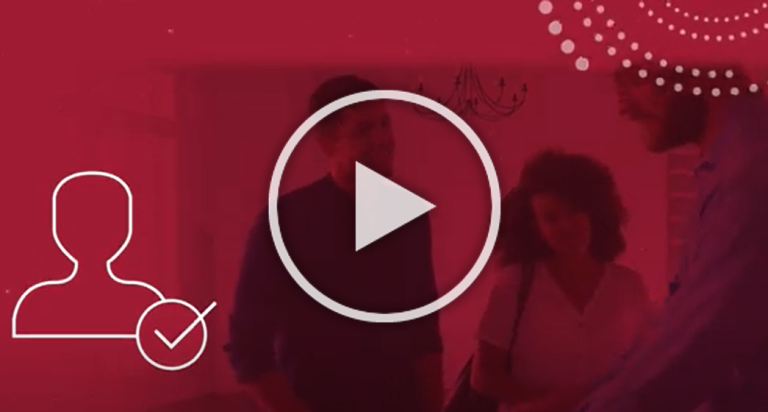Credit Steps to Take After a Relative's Death
The death of a loved one is often very difficult and credit concerns aren’t usually top of mind. However, if you’re handling the person’s estate, it’s important to know how to notify credit bureaus and close credit accounts, if necessary.
When someone passes away, their credit reports aren’t closed automatically. However, once the two nationwide credit bureaus — Equifax and TransUnion — are notified someone has died, a death notice is placed on the corresponding credit reports.
If someone attempts to use the deceased person's information to apply for credit, the notice will be displayed in the Personal Information section of the credit report to inform the creditor that the person is deceased. Further, credit scores typically cannot be calculated for a credit report containing a death notice.
How to Place a Death Notice on Your Loved One’s Equifax Credit Report
The following people can place a death notice on a deceased person’s credit report:
- estate executors or court-appointed designees
- the deceased’s lenders and creditors
- funeral homes who offer it as a service
If you are the executor of the estate or other court-appointed designee, here are the steps you need to follow to place a death notice on someone’s Equifax credit report.
1. Collect all information and documents:
- The deceased person’s legal name
- The deceased person’s Social Insurance Number (optional)
- The deceased person’s address
- The deceased person’s date of birth and date of death
- Copy of the Death Certificate or Act of Death
- Copy of the deceased’s will identifying you as the Executor of the Estate / Designation of administrator of the estate
- Copy of one piece of government-issued ID that shows your name, date of birth, and current address
- Copy of one document confirming your name and address on the ID (e.g., utility bill or tax document)
2. Complete a Death Notice Form: You may submit the required information to Equifax online or by mail. You can download a Death Notice Form here by clicking “Start Your Dispute.” Select “Start Electronic Dispute” to complete the request online or “Start Mail Dispute” to download the form and mail it to us with the supporting documents.
Once you select the method, you’ll be asked to choose which part of your Equifax credit report you want to update. In this situation, you are updating the deceased person’s credit report on their behalf. Select “Death Notice” and follow the instructions. When completing the form, you can also select “Request a copy of the deceased’s credit file” to receive a copy of the credit report to review (see step 3).
If you’re submitting the form online, follow the instructions through the website. If you’re mailing the request, send the completed form with copies of all the supporting documents by certified mail to:
Equifax Canada Co.
National Consumer Relations
Box 190
Montreal, Quebec H1S 2Z2
3. Review the deceased person’s Equifax credit report: If you selected “Request a copy of the deceased’s credit file” on the Death Notice form, you’ll receive a copy of their Equifax credit report. You should review the credit report to see what open accounts they have with creditors and lenders, and then notify them that the person is deceased and the accounts need to be closed.
Need help?
If you have any questions, please contact our Customer Support team at 1-866-828-5961, Monday to Friday 9 a.m. to 9 p.m (ET), and Saturday and Sunday 9 a.m. to 6 p.m. (ET).
You will need to contact TransUnion separately to place a death notification on your relative’s TransUnion credit report.

